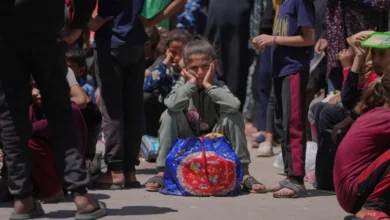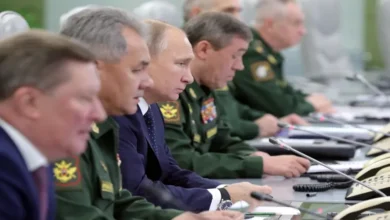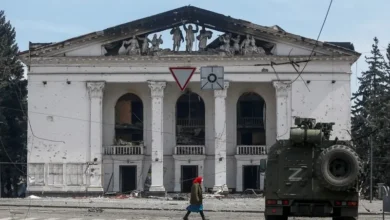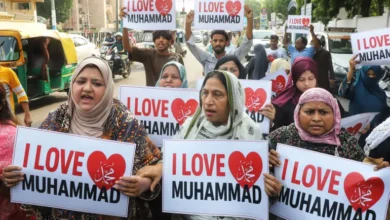Hardeep Singh Nijjar killing: What does international law say?
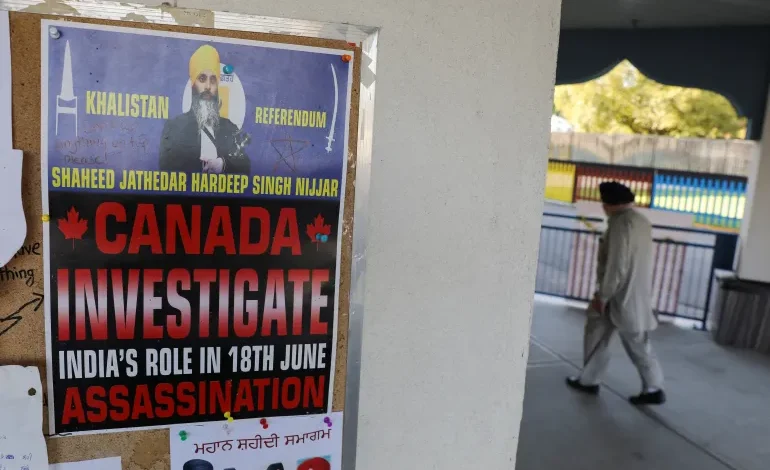
The fallout continues from Canadian Prime Minister Justin Trudeau’s announcement that his government is investigating “credible allegations of a potential link” between the Indian government and the killing of a Sikh leader in British Columbia.
If those allegations are proven, experts said the June 18 killing of Hardeep Singh Nijjar would represent a targeted, extrajudicial killing on foreign soil – and mark a flagrant violation of international law.“The way Canada chooses to deal with this will show how seriously it’s taking this matter,” Amanda Ghahremani, a Canadian international criminal lawyer, told Al Jazeera.
India has roundly rejected any involvement in the deadly shooting outside a Sikh temple in Surrey, calling Trudeau’s comments on the floor of the Canadian Parliament on Monday “absurd” and politically motivated.
New Delhi also accused Ottawa of failing to prevent Sikh “extremism”, as the Indian authorities previously had designated Nijjar – a prominent leader who supported the creation of an independent Sikh state in India – as a “terrorist”.
Canada has faced calls to release evidence to back up its claims. On Thursday, Trudeau dodged reporters’ questions on the matter, saying his government was “unequivocal around the importance of the rule of law and unequivocal about the importance of protecting Canadians”.




